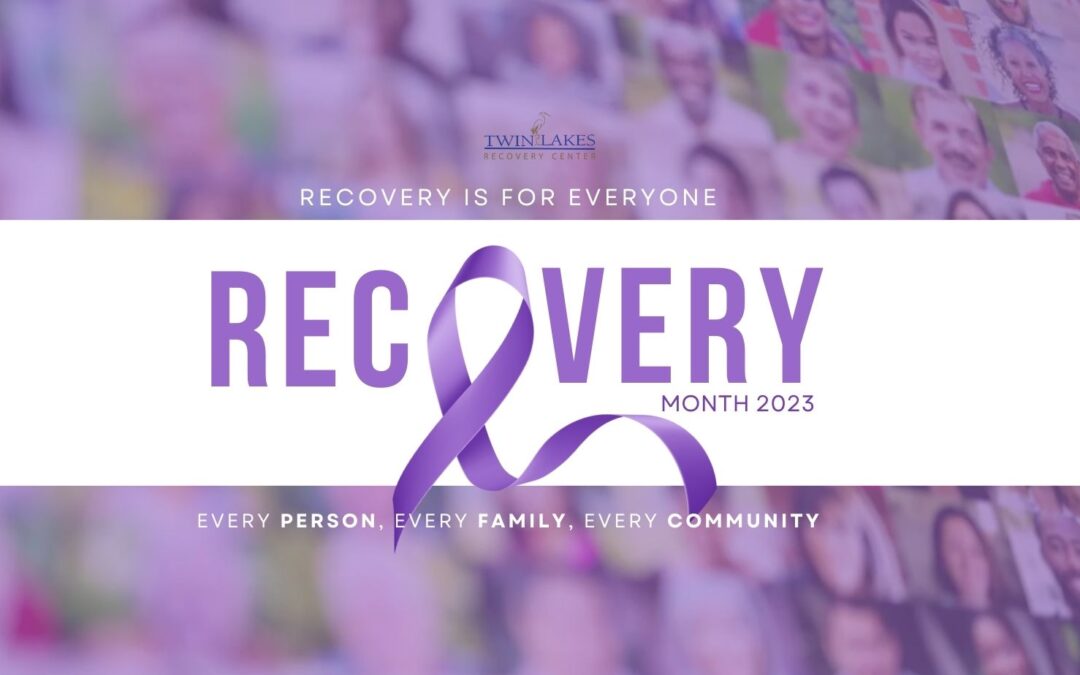The Substance Abuse and Mental Health Services Administration (SAMSA) established National Recovery Month in 1989. This observance is held every September to raise public awareness surrounding mental health and addiction recovery issues. Raising awareness helps combat stigma, a major barrier for individuals seeking help for substance use disorders. It encourages open conversations about addiction, reduces discrimination, and promotes understanding, ultimately leading to a more supportive environment for those in recovery.
The Importance of Reducing the Stigma of Addiction
National Recovery Month aims to reduce the stigma of addiction so those in need can seek treatment. Stigma can prevent individuals from acknowledging their addiction or its severity, leading to denial and delayed intervention. Timely recognition and treatment are critical for a successful recovery. Reducing stigma helps individuals and their loved ones confront the issue earlier, potentially preventing more significant harm.
Addiction can cause an individual to experience shame or guilt, which may lead them to withdraw from their social circles, including friends and family. Reducing the stigma can allow individuals to be open about their disorder so those closest to them can show them the compassion and understanding they deserve.
Stigma can influence health care policies and funding, making it harder for addiction treatment programs to receive adequate support. Initiatives such as National Recovery Month can reduce the stigma and increase resources for prevention, treatment, and support services, improving access and quality of care.
There are often challenges after completing treatment, such as returning to work (or finding employment) and rebuilding relationships. Stigmatization can make these challenges that much harder, limiting opportunities and social connections. Reducing stigma helps those in recovery rebuild their lives more successfully.
Five Ways to Raise Awareness of Substance Use Disorders
Raising awareness can create a more compassionate community that fosters empathy and understanding towards those battling substance use disorders.
Five ways you can raise awareness about substance use disorders include:
- Share your personal story: Sharing personal experiences or stories of recovery can be a powerful way to raise awareness. Your story may inspire others to seek help or support their loved ones in their recovery journey. You can talk about your journey at support group meetings, with others who may be struggling, or with friends and family who need to better understand what you have overcome.
- Use the power of social media: Social media can be a powerful tool to spread awareness. Create and share informative posts and videos about addiction, recovery, and available resources. You can mention that September is Recovery Month and why that is significant. If you feel comfortable, you can even talk about your own journey. When posting, use the hashtag #recoverymonth.
- Volunteer in your community: Many nonprofits and organizations work tirelessly to support individuals with substance use disorders and their families. Volunteer your time and skills to help these organizations with their awareness campaigns and initiatives. Giving back not only helps others in need but can be a rewarding experience for yourself as well.
- Participate in Recovery Month activities: National Recovery Month offers various events and activities you can participate in. If events such as walks, fundraisers, or rallies are available in your community, attend them to show your support and connect with other like-minded individuals.
- Host your own event. Hold an event with your family and friends to celebrate your recovery and share your experiences. This educates others about substance use disorder and can encourage them to share their own experiences.
Twin Lakes Recovery Center Can Help
If you or a loved one is struggling with a substance use disorder, contact the caring staff at Twin Lakes Recovery Center for help. We are a leading Monroe, Georgia, recovery center and offer a variety of treatments and programs for people of all ages, including a residential program, detox services, and a family recovery program. To learn more about all we have to offer, please contact us today.




